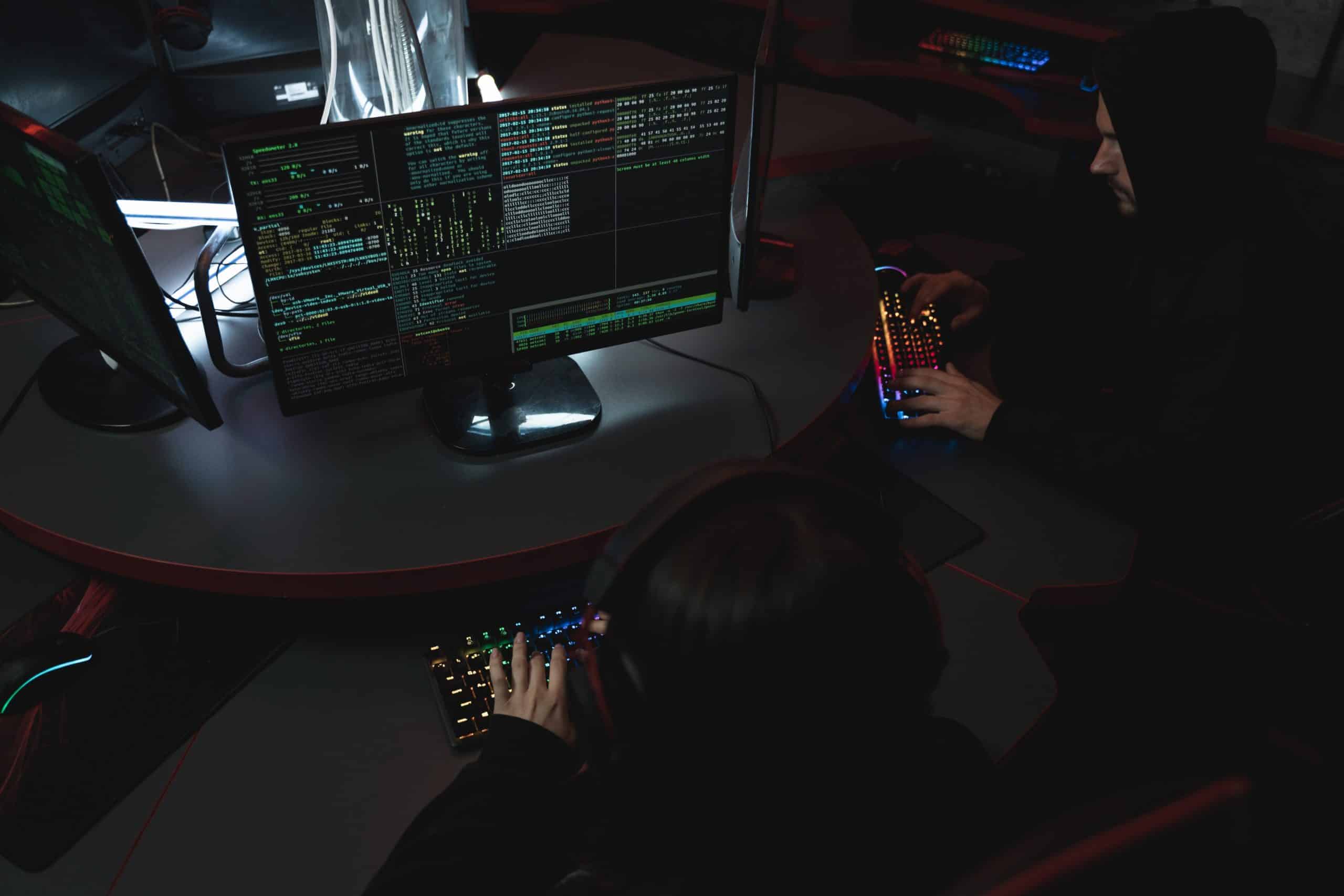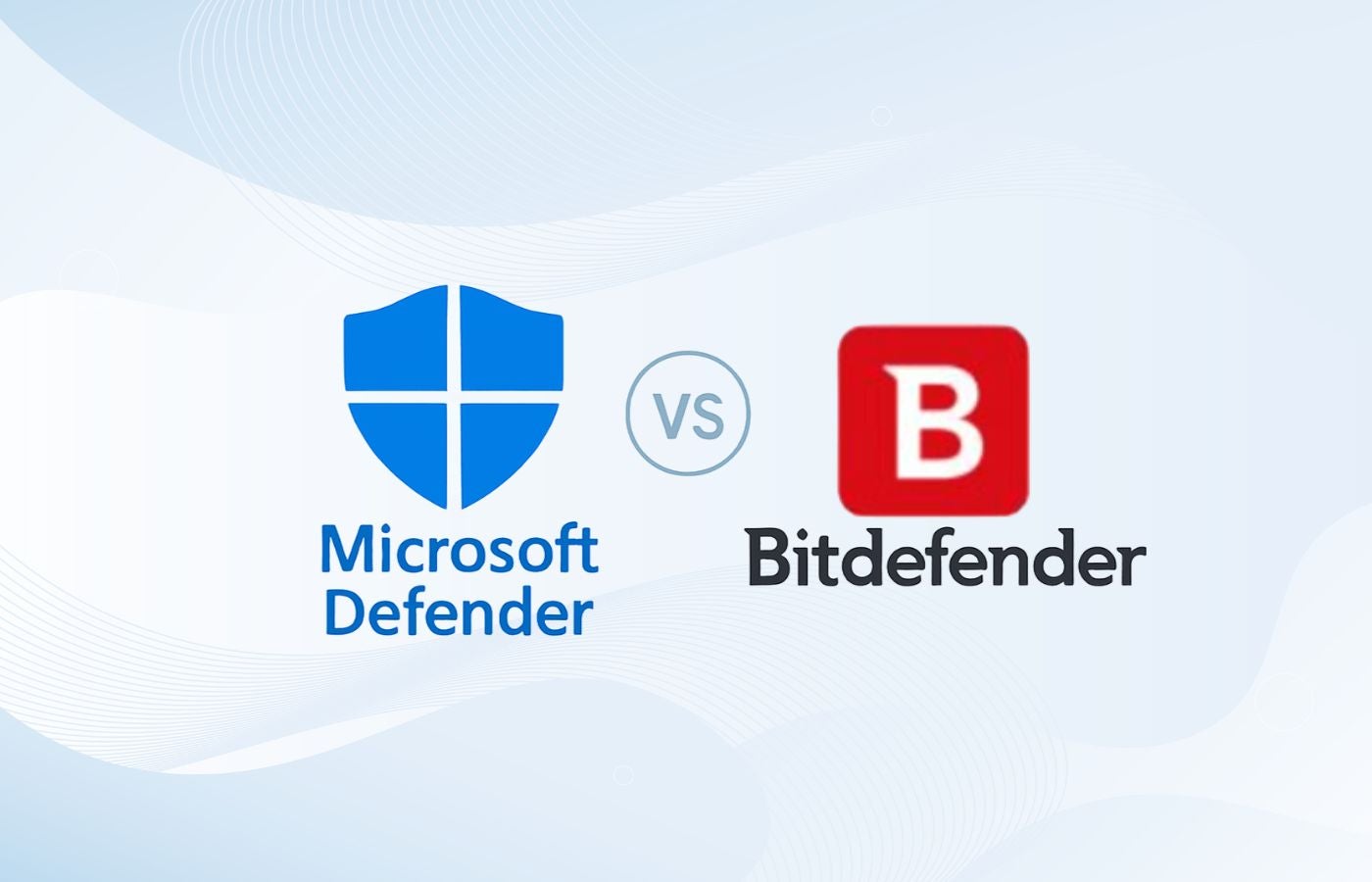A recent?SecureAuth?survey of 300 cyber security professionals or IT decision makers found that 74 percent of respondents who use two-factor authentication (2FA) said they receive complaints about 2FA from their users — and 9 percent say they simply “hate it.”
“It’s not surprising that organizations are receiving an increasing amount of complaints about 2FA,” SecureAuth CEO and founder Craig Lund said in a statement. “IT professionals face an ongoing battle as they are frequently forced to choose between user experience and increased security.”
While 56 percent of organizations are using 2FA in some capacity, 37 percent are using adaptive authentication, and another 16 percent are planning to implement or expand adaptive authentication within the next 12 months. In larger organizations, the use of adaptive authentication rises to 41 percent.
“These findings indicate there is an upheaval for adaptive authentication solutions beyond 2FA and the traditional password,” Lund said. “Organizations are already implementing stronger methods of user authentication, including adaptive access control and multi-factor authentication. By layering adaptive techniques such as device recognition, geo-location, the use of threat services, and even behavioral biometrics, organizations can verify the true identity of the end user while still providing positive user experience.”
Separately, a recent University of Phoenix survey of 2,235 U.S. adults found that 52 percent of respondents are willing to overlook cyber security risks for the sake of convenience.
While 60 percent of respondents who use open Wi-Fi networks don’t trust them with the security of their data, 80 percent of respondents connect to public Wi-Fi at least once a week, and 61 percent use cell phones, laptops or tablets on public networks weekly.
Notably, 28 percent of 18-to-34-year-olds shop regularly on unsecured networks.
“Despite the fact that public networks are vulnerable to security breaches and hacking, the data from our survey suggests people have fairly comfortable attitudes toward using them — perhaps a little too comfortable,” Dr. Kirsten Hoyt, academic dean of the University of Phoenix College of Information Systems and Technology, said in a statement.
A recent eSecurity Planet article offered advice on how to get identity authentication right.




